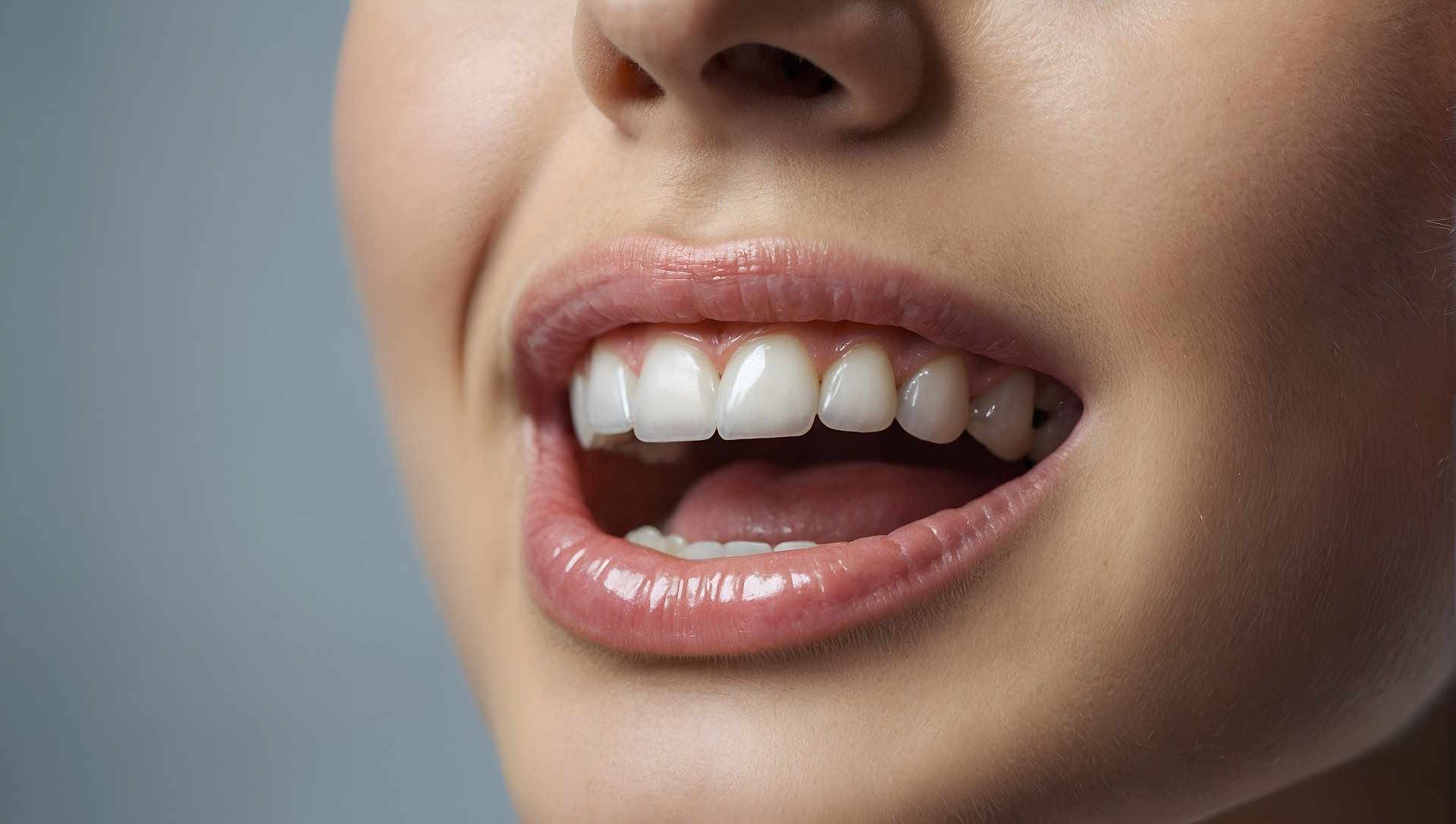Understanding Dentures: Types, Benefits, and Proper Care
Dentures have been transforming smiles and improving quality of life for centuries. These removable dental appliances replace missing teeth and surrounding tissues, helping restore both function and appearance for those who have lost some or all of their natural teeth. Whether due to aging, injury, disease, or other dental issues, dentures provide a practical solution for missing teeth. This article explores what dentures are, the different types available, their benefits, the fitting process, and how to properly care for them to ensure their longevity and effectiveness.

What Are Dentures?
Dentures are removable dental prosthetics designed to replace missing teeth and restore functionality to the mouth. They are custom-made to fit comfortably over the gums and can replace either a complete arch of teeth (complete dentures) or just a few missing teeth (partial dentures). Modern dentures are crafted to look natural, matching the appearance of real teeth and gums. They are typically made from materials such as acrylic resin, porcelain, or a combination of metals and plastics. The base of the denture, which resembles gum tissue, is usually made from a flesh-colored acrylic resin, while the teeth can be made from the same resin or porcelain for added durability and a more natural appearance.
Different Types of Dentures
Several types of dentures are available to address various dental needs:
-
Complete Dentures: These replace all teeth in either the upper or lower jaw, or both. They rest directly on the gums and are held in place by suction, adhesives, or in some cases, dental implants. Complete dentures are removable and typically made after the remaining teeth have been extracted and the gum tissue has healed.
-
Partial Dentures: Used when some natural teeth remain, partial dentures fill the gaps created by missing teeth and prevent other teeth from shifting position. They consist of replacement teeth attached to a pink or gum-colored plastic base, sometimes connected by a metal framework that holds the denture in place by clasping onto the remaining natural teeth.
-
Immediate Dentures: These are placed immediately after tooth extraction, allowing patients to have teeth while their gums heal. However, they require more adjustments as the jawbone changes shape during healing.
-
Implant-Supported Dentures: These are attached to dental implants surgically placed in the jawbone, offering superior stability and preventing bone loss. They can be fixed (permanently attached) or removable (can be taken out for cleaning).
-
Overdentures: These fit over a small number of remaining natural teeth or implants, providing better stability and support than conventional dentures.
Benefits of Dentures
Dentures provide numerous advantages that extend beyond mere aesthetics:
-
Improved Appearance: Dentures fill out the facial profile, supporting facial muscles that might otherwise sag with tooth loss. This helps maintain a more youthful appearance and natural smile.
-
Enhanced Chewing Ability: Missing teeth can severely restrict diet and nutrition. Dentures restore the ability to chew a wider variety of foods, potentially improving overall nutrition and health.
-
Better Speech: Teeth play a crucial role in forming sounds during speech. Dentures help articulate words more clearly, especially for those who have lost front teeth.
-
Psychological Benefits: Many denture wearers report increased self-confidence and improved social interactions after getting dentures, as they no longer feel self-conscious about missing teeth.
-
Affordability: Compared to other tooth replacement options like dental implants, dentures tend to be more affordable while still providing functional and aesthetic benefits.
-
Preservation of Remaining Teeth: Partial dentures can help distribute the forces of chewing more evenly, reducing strain on remaining natural teeth and potentially extending their lifespan.
Fitting and Adjustment Process
The process of getting dentures typically involves several steps:
-
Initial Consultation: The dentist evaluates oral health, discusses options, and creates a treatment plan.
-
Preparation: This may involve extracting remaining teeth, treating any oral health issues, and allowing time for healing.
-
Impressions: The dentist takes impressions of the oral cavity to create models for the denture fabrication.
-
Trial Fitting: Wax models or trial dentures may be tested to ensure proper fit, bite alignment, and appearance.
-
Final Fitting: The completed dentures are placed, with adjustments made as needed for comfort and function.
-
Follow-up Appointments: Several visits are typically required to fine-tune the fit and address any pressure points or discomfort.
The adjustment period for new denture wearers usually lasts several weeks to a few months. During this time, it’s normal to experience increased saliva flow, minor irritation, and difficulty with speech or eating as the mouth adjusts to the new appliance. Patience and regular communication with the dental professional are essential during this period.
Care and Maintenance of Dentures
Proper care of dentures is crucial for maintaining oral health and extending the life of the appliance:
-
Daily Cleaning: Dentures should be removed and cleaned at least once daily. Use a soft-bristled brush specifically designed for dentures and mild soap or denture cleaner—never regular toothpaste, which can be abrasive.
-
Regular Rinsing: Rinse dentures after eating to remove food particles and bacteria.
-
Overnight Soaking: Most dentures need to remain moist to maintain their shape. Soak them overnight in water or a denture-soaking solution, following the manufacturer’s instructions.
-
Handle with Care: Always clean dentures over a folded towel or basin of water to prevent damage if dropped.
-
Oral Hygiene: Even without natural teeth, it’s important to brush the gums, tongue, and palate each morning before inserting dentures to stimulate circulation and remove plaque.
-
Regular Dental Checkups: Visit the dentist regularly for professional cleaning and to check the fit of dentures, as ill-fitting dentures can cause sores and infections.
-
Avoiding Harmful Products: Keep dentures away from hot water, bleach, harsh abrasive cleaners, and whitening toothpastes, all of which can damage the appliance.
With proper care and regular adjustments as needed, dentures can provide years of comfortable use, helping maintain oral function and quality of life.
This article is for informational purposes only and should not be considered medical advice. Please consult a qualified healthcare professional for personalized guidance and treatment.




